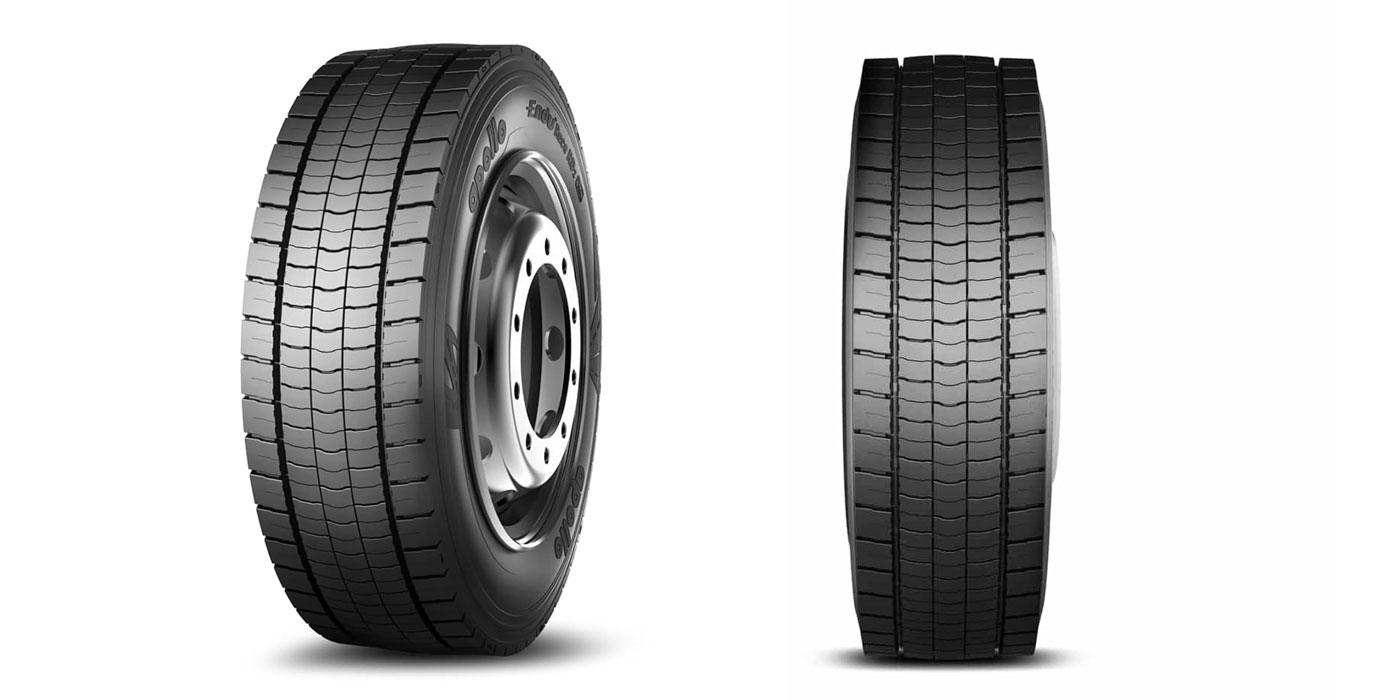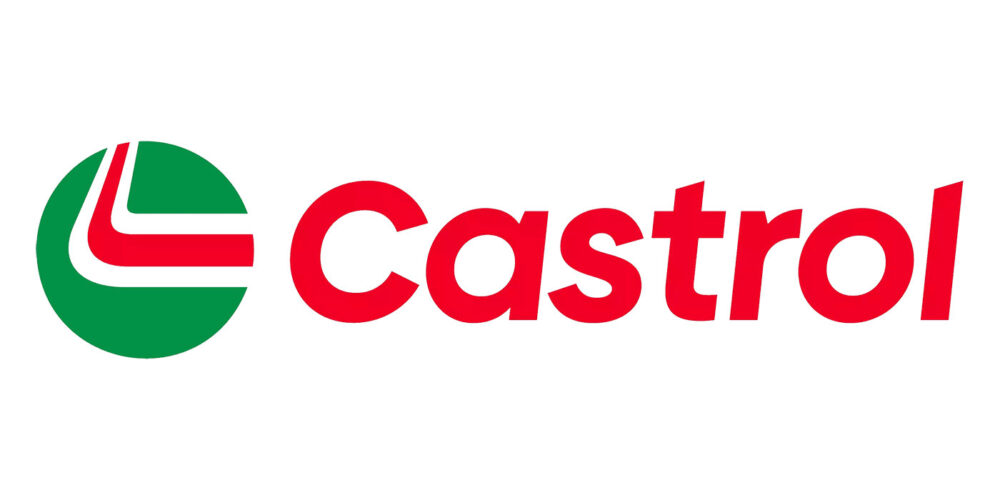It’s gratifying to see regulators finally shift their focus from reducing NOx emissions to reducing global warming, because global warming can be reduced by improving efficiency. Improved fleet fuel economy can significantly reduce a fleet’s carbon footprint.
But beware. When fuel economy becomes an issue, charlatans come out of the woodwork. During commercial fuel economy testing at Automotive Research Associates, I encountered some rather ingenious charlatans. One wanted me to prove that placing lead balls into the fuel tank would increase fuel economy.
I drilled holes in the lead balls so they could be retrieved from the fuel tank and weighed before and after each fuel economy test. When the results showed no fuel economy benefit, the charlatan didn’t want to pay. He reasoned that the strings tied to the lead balls prohibited their movement around the gas tank, thereby limiting their function.
I’ve done considerable fuel economy testing during my career. To stimulate your thinking about improving your fleet’s fuel economy, I’ll try to impart some of my experience.
There are distinctly different approaches to improving fuel economy between line haul and P & D fleets. Both operations appreciate driveline efficiency and rolling resistance improvements, but P& D fuel economy is more significantly influenced by vehicle weight due to the need to regularly accelerate and decelerate (F=ma). Line haul trucks, on the other hand, respond more to aerodynamic improvements since average speeds are relatively constant, and higher speeds mean more aero drag.
Engine builders tried their best to improve fuel economy, but NOx emissions regulations forced serious compromises. Look for renewed OEM efforts on fuel economy. In the meantime, I think you might want to consider (1) making sure all your engines are properly tuned; (2) running your engines as hot as possible; (3) using lower viscosity oils; (4) eliminating idling; and (5) reducing engine speeds (RPMs).
When running mileage marathons, the best fuel economy was obtained when the engine was operated with elevated coolant temperatures (290 F). Higher temperatures reduce intake charge density effectively decreasing the displacement of the engine. Of course, higher coolant temperatures can’t be utilized unless you can prevent coolant boil over. We used 20 PSI radiator caps and watched for signs of overflow.
Emphasis on improving fuel economy will accelerate the use of lower viscosity engine and driveline oils. Racers long ago learned that viscosity is an important engine oil property when it comes to horsepower. It’s simple physics – lighter oils require less horsepower to pump. European truckers have used 10W30 and 10W40 oils for years without problems. Run the lightest oil you can run while maintaining adequate oil pressure (25 PSI or more at hot idle). Engine builders will soon learn to tighten up crankshaft bearing and connecting rod side play clearances so you can run even lighter oils.
Claims that lower viscosity engine oils can improve fuel economy 4-5% are overstated. Examine those claims carefully. Most of them require a reduction in vehicle speed since vehicle speed reduction has a more pronounced affect on fuel economy than oil viscosity. Single viscosity grade reductions might be expected to yield gains of 1-2%, but that can still save your fleet a lot of money.
Engines are basically air pumps. The slower you can rotate the engine, the more efficient it becomes. Use the highest gear possible.
Tire inflation pressures significantly affect rolling resistance. Run the highest pressures possible without adversely affecting tire wear. Also carefully align all vehicle wheels. Any side scrub reduces fuel economy. We spent hours aligning the wheels on our mileage marathon cars.
Also consider lighter viscosity transmission, differential, and wheel end lubricants. As long as the parts don’t come in contact with each other, fuel economy can be improved using lighter oils.













